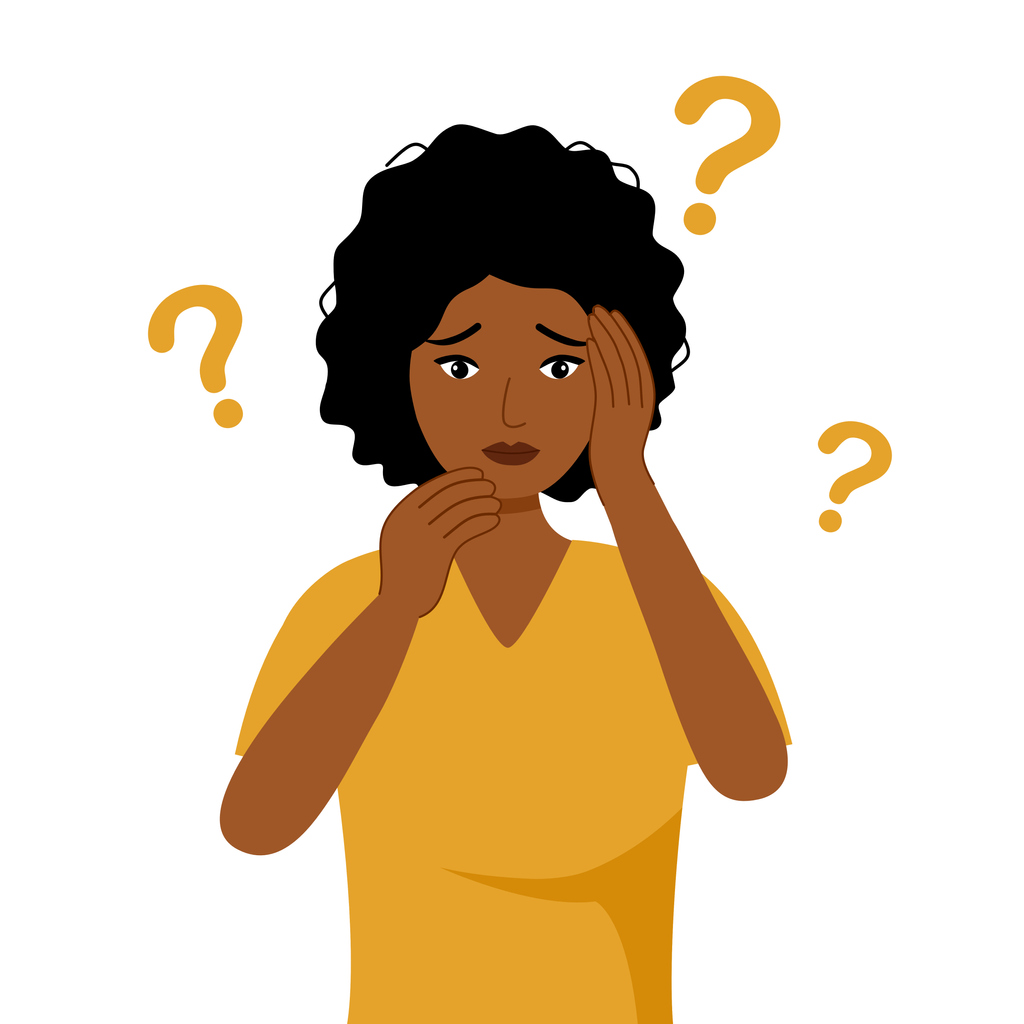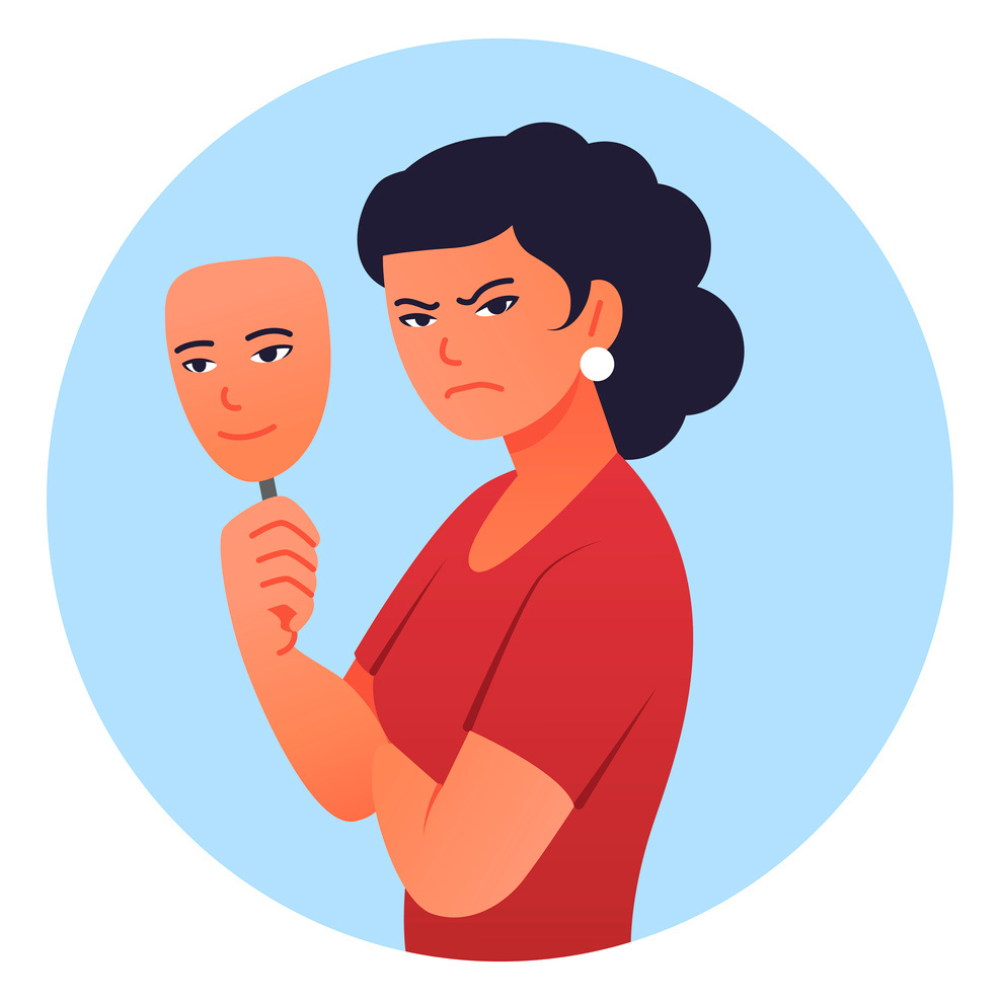Mental Mondays: How To Help People With Disabilities Feel More Comfortable In Their Skin
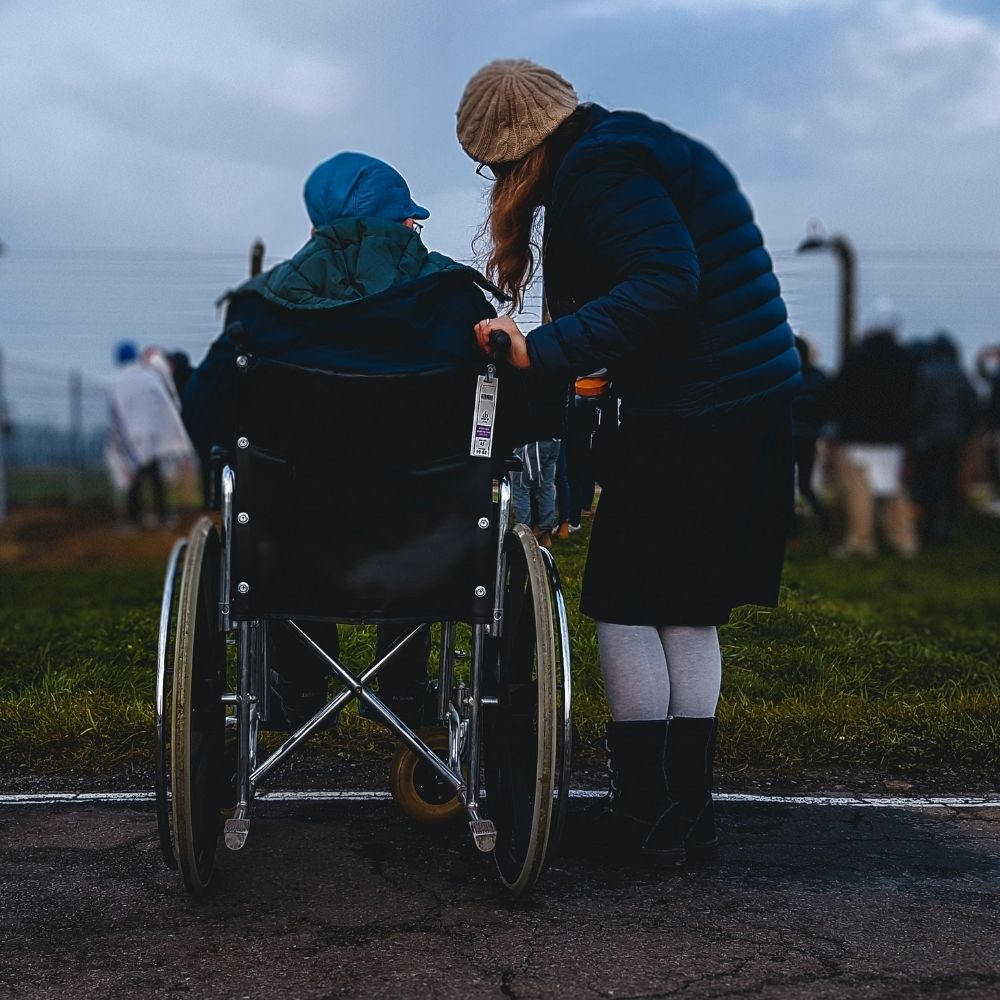
A creative writer with a voracious appetite for fashion, beauty,…
Taking a walk on the beach, seeping in the view while listening to your favorite song, and singing along, are the little things we take for granted. This pandemic might have given us all enough time to reflect and better value these things but imagine those who still can’t take that walk or even hear a sound? This is their constant reality, and the last thing people with disabilities need is stigma.
There’s something about being different from your classmates, colleagues, or even random strangers at the mall that puts undue pressure on people with disabilities. For many people with disabilities, there’s a constant feeling of being lesser or not as privileged as others, so simply being kind is always a great way to help ease such unease.
“There is no greater disability in society than the inability to see a person as more.”
– Robert M. Hensel.
What is a disability?
A disability is a condition or function perceived to be obviously damaged relative to the usual standard of an individual or group. Disabilities range from physical to mental, but in all, none is more impactful than the other. Every single person with disabilities has individual battles that shouldn’t be compared or downplayed.
Sometimes people with disabilities have incapabilities that aren’t easily detected. Whether these disabilities are in plain sight or not, there are ways you can help them live better lives. Thankfully, a lot of efforts have been made to help people with disabilities easily access the world, yet there’s still a lot needed to be done to simplify their lives.
People with disabilities need to have healthy self-esteem to remain comfortable in their skin and to have optimum mental health.
Here’s how you can support them…
#1. Normalize them
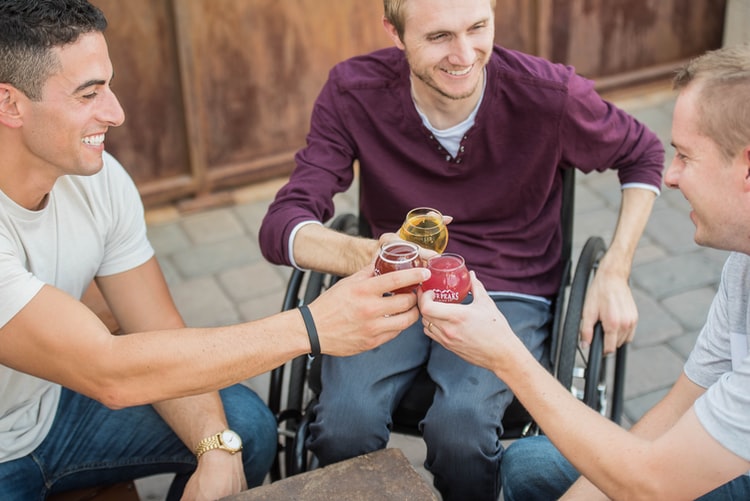
The stares in a public place, avoiding them like the plague, children pointing, or people being overtly pitiful may only succeed in creating more insecure people with disabilities who may end up developing social anxiety at the mere thought of leaving their home. Normalize and properly acknowledge them with a genuine smile, be kinder and offer to help when needed. Act like they are a normal part of society because they are.
#2. Don’t assume they need help

Grown-ups with disabilities should be treated like adults that they are. Don’t just help them cross the road; ask them if they need help and kindly oblige their reply. Sometimes, individuals would feel comfortable helping themselves than constantly being reminded that they are unable to, while other times, they truly need that help. He might not have been sitting at that bus stop, just hoping to be helped to the other side of the road. The key is to ask them and not assume on their behalf.
#3. Watch your tone

There’s nothing as infantilizing as talking in a high, low, or funny tone when speaking to people with disabilities. Speak as you’d normally do unless told otherwise. Communicate respectfully to them, and be sure to stay calm and be yourself. They are humans just like you.
#4. Help them magnify their strengths
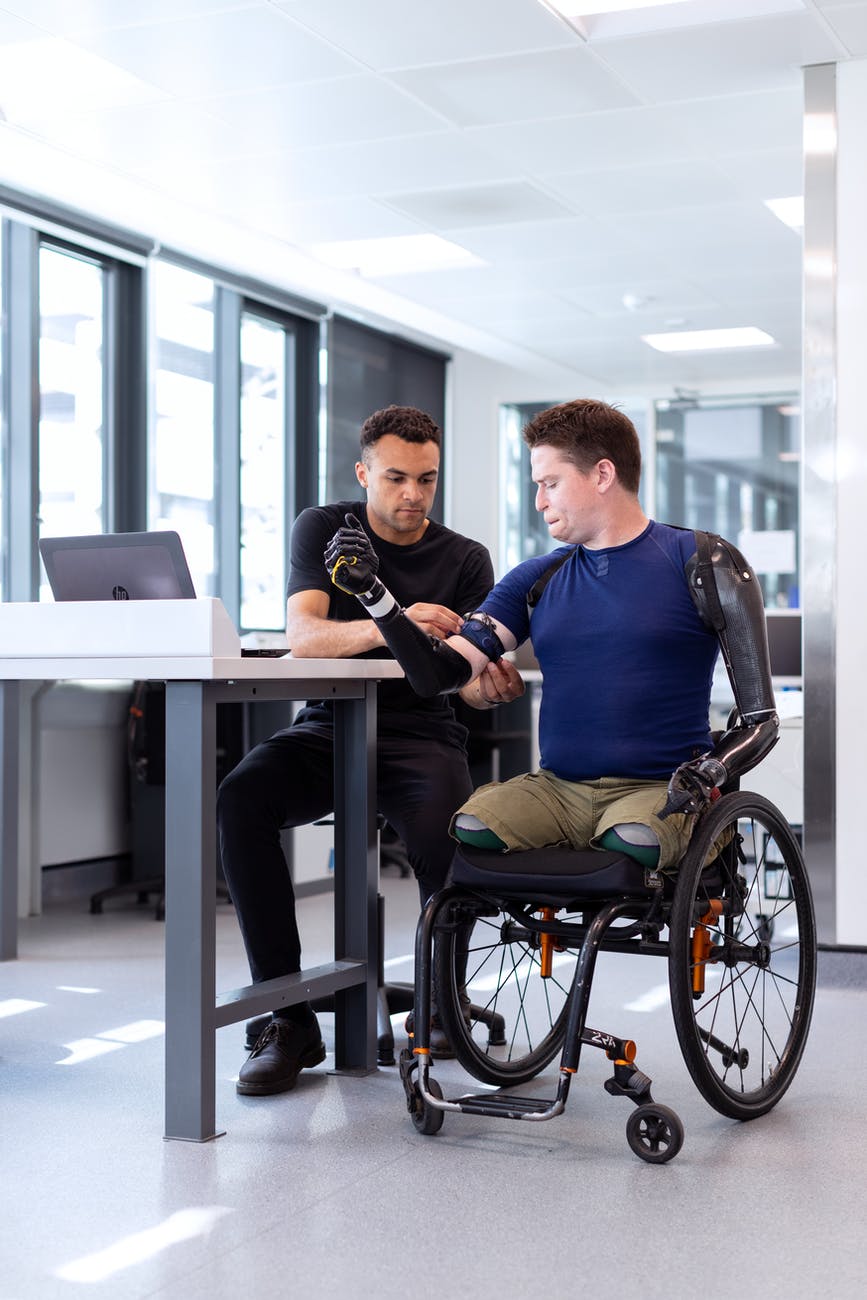
Every now and then, people with disabilities get overwhelmed and frustrated. If they’re your friend or family, this is the right time to show up for them and remind them about the good in them, their strengths, and how they are loved and needed. This shouldn’t be confused for patronizing. So be sure always to offer only real and genuine words of affirmation. We all need words of affirmation every once in a while.
#5. Pay attention to their emotional and mental health

If you notice a friend or family member is slipping into depression, anxiety, or has low self-esteem that’s beginning to affect them deeply, advise them on joining a disability support group or talking to a licensed therapist for help. Sometimes, talking to people who can relate to your predicament makes you more comfortable and understood.
In times like this, you can refer them to telepsychiatry companies like SouthEnd Psychiatry, so they can see a therapist from the comfort of home.
Notes
- It’s better to say “person/people with disabilities instead of a “disabled person.”
- Avoid using historically stigmatized words like retard, crazy, lunatic and mad when referring to a mentally disabled person. Saying ‘mentally ill’ or referring to the disabled person’s exact condition is a kinder way to address them.
- I know you might mean well but pretending to have a disability-related to people with disabilities is rather offensive.
- The golden rule will forever stand; “do unto others as you want to be done to you.”
Featured Image Credit: Unsplash
For the latest in fashion, lifestyle and culture, follow us on Instagram @StyleRave_
This is a Style Rave original content specially created for our readers. This content or any original content on Style Rave may not be reproduced, distributed, transmitted, cached, or otherwise used by any other publishing house or blogs, except with the prior written permission of STYLE RAVE. Use of and/or registration on any portion of this site constitutes acceptance of our Terms & Conditions and Privacy Policy.
—Read also
A creative writer with a voracious appetite for fashion, beauty, lifestyle and culture. As one who's passionate about the advancement of the woman, creating content that inspire smart style and living, and positive lifestyle changes is a calling I take seriously. At Style Rave, we aim to inspire our readers by providing engaging content to not just entertain but to inform and empower you as you ASPIRE to become more stylish, live smarter and be healthier. Follow us on Instagram @StyleRave_ ♥





